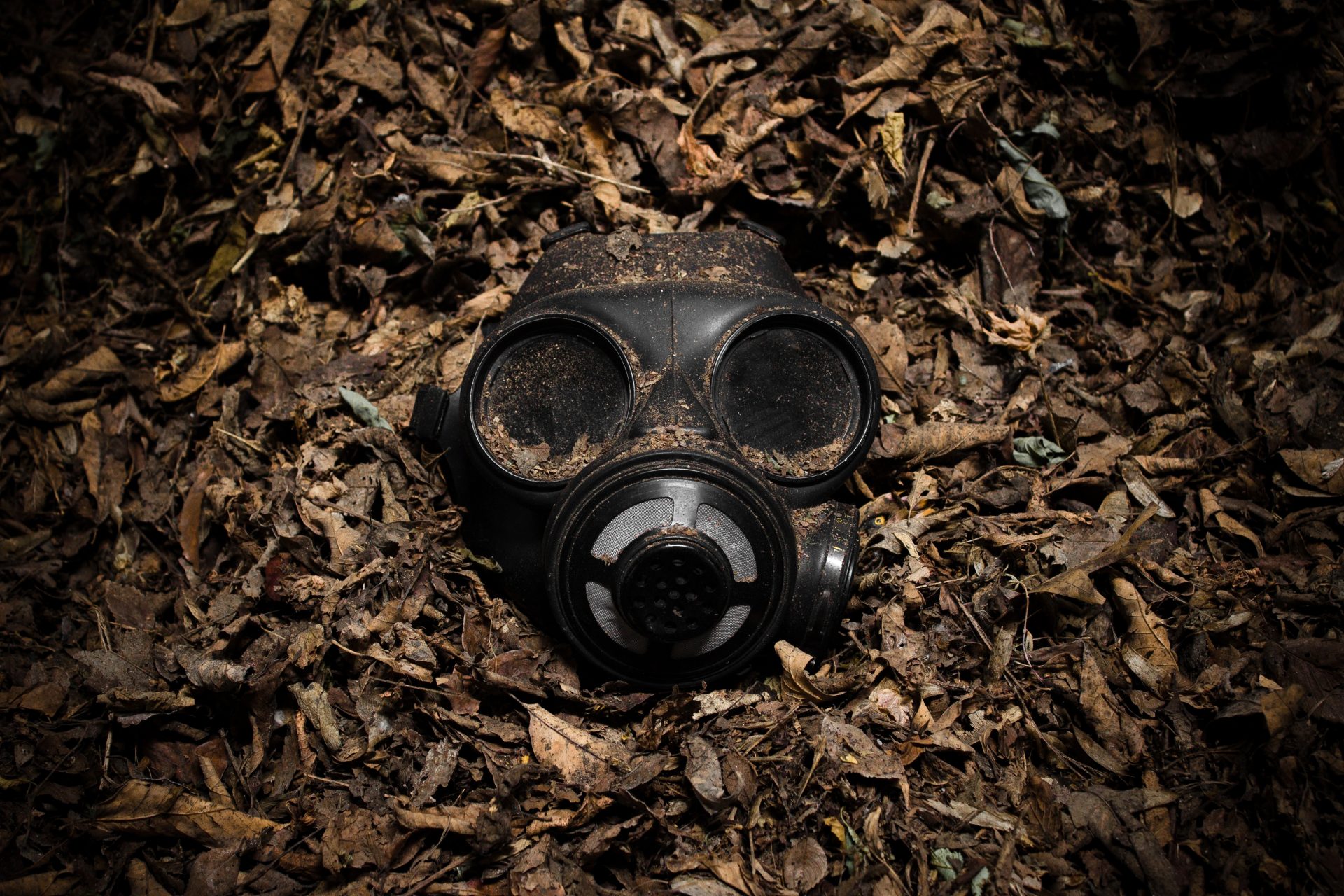‘Toxic Masculinity’: The Problem With The Phrase
Masculinity
Professor Eric Anderson, a sociologist from the University of Winchester, wants to retire the term 'Toxic Masculinity', saying it unfairly implicates all men.
Toxic masculinity – what is it?
2017 was a nadir for the reputation of men as a series of monsters and dinosaurs were dragged from their toxic swamp of sin and quite rightly disgraced. Yet the behaviour of Weinstein and the rest were no great surprise really. In the real world we’ve all seen men like these: sexual predators using their power to be perverts. They are everywhere, and as such, the reverberations spread out to all industries, all workplaces, and has made us all reassess our behaviour. Women have put up with a lot of grubby shit for a long time, and men need to seriously listen to what they are saying. Most men would agree that it’s time to change.
“None would tolerate the phrase toxic feminity.”
However, one thing which people have started to debate is the term ‘Toxic Masculinity’. Some, including Professor Eric Anderson, from the University of Winchester, are calling for people to stop using it. “The term mostly serves as a pejorative against men, it castigates men generally,” says Eric, “It is not a theory, is not supported by academic literature, and it is used arbitrarily. The idea of toxic masculinity unfairly characterises all men as the same: saying “toxic masculinity” implies that even a little bit of masculinity is poisonous; thus, using the word masculinity at all suggests that all men are toxic.”
“Toxic masculinity unfairly characterises all men as the same”
Instead, he says there should be other ways of calling out damaging behaviour.
“I am not opposed to critiquing men: as a collective, men do cause a lot of social damage; and a great deal of social welfare,” admits Eric, “Yet snap-judgments about men being toxic fails to recognise the complexity of masculinity. The use of the phrase lacks sophistication because it fails to realise that some of the same behaviours that men display more than women (willingness to risk, willingness to use violence) are hero-ised in some settings (such as with soldiers) and rightfully devalued in others (criminal activity). It’s the same traits, just used in different contexts. If we call men’s actions in one sphere toxic masculinity, it devalues those behaviours in all.”
The Language Barrier
As for what we should say when we’re calling out these men, well, it’s not so easy, but is perhaps a case of attributing facts about issues rather than throwing a catch-all term over it.
A gay man who hits on a straight man in not enacting toxic homosexuality
“A better way is to keep gendered language out of critiques,” says Eric, “To argue that rape and sexual harassment is wrong is appropriate. To say that these are aspects of toxic masculinity is to generalise in a way that would never be acceptable for issues of race, religion, sexuality or other variables. It is neither sociologically sound, nor moral to castigate the whole by one aspect of one’s actions. A black man who commits a crime is not toxic black man; a gay man who hits on a straight man is not enacting toxic homosexuality. They are individuals whose gender and lives are complicated.”
What about Trump, though Eric, a man who often has the term applied to him?
“There are words to describe Donald Trump. ‘Asshole’ comes to mind. But to say he exemplifies toxic masculinity is to verbally say men are also toxic, he’s just the most. It is to use him as evidence of men’s awfulness. It’s stereotyping based off the worst scenario. It is akin to finding a lazy female and saying ‘female laziness.'”
Trending

Join The Book of Man
Sign up to our daily newsletters to join the frontline of the revolution in masculinity.



















